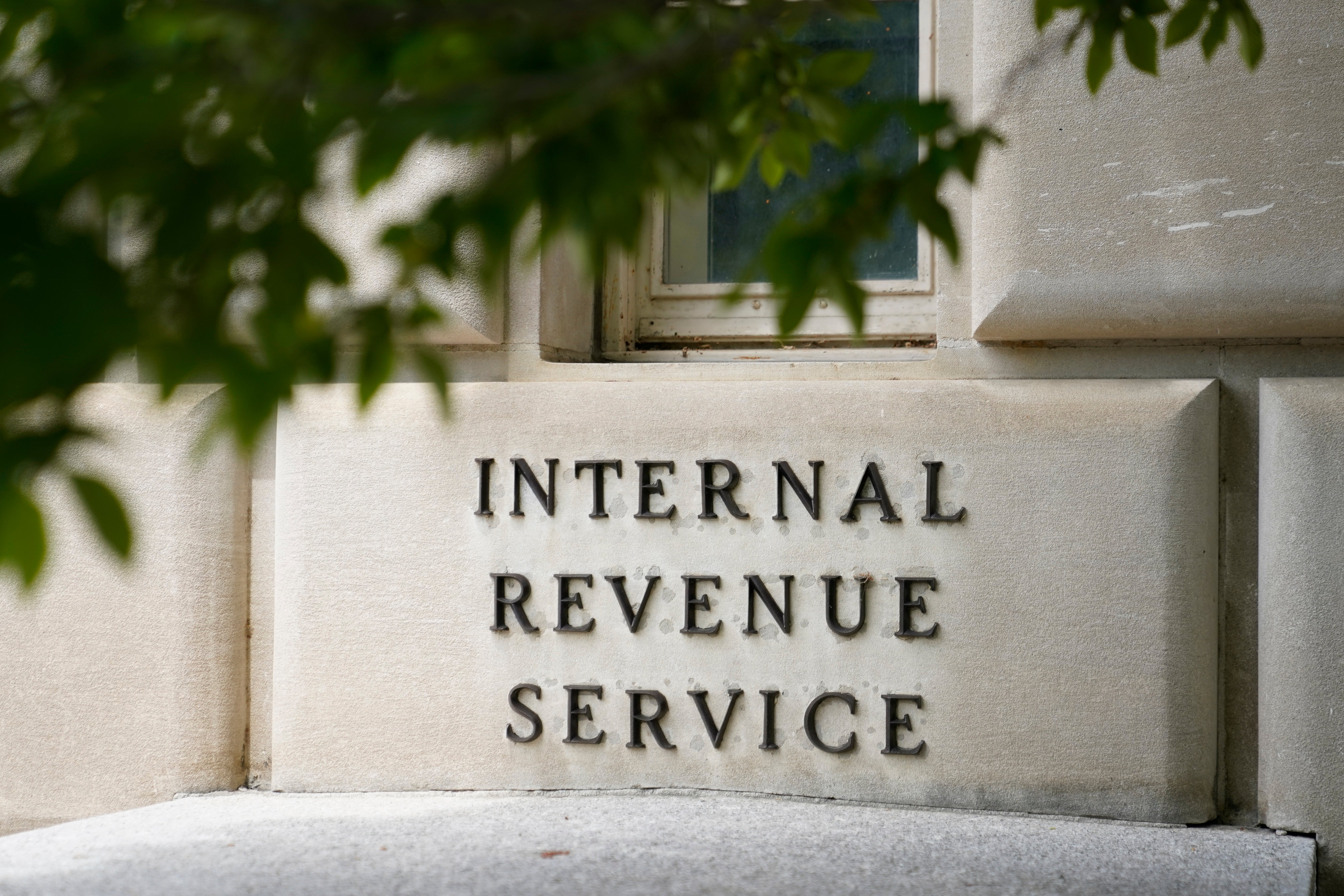IRS claws back money given to businesses under fraud-ridden COVID-era tax credit program
The IRS says it’s making progress with initiatives to claw back money improperly distributed under the Employee Retention Credit

The IRS says it's making progress with initiatives to claw back money improperly distributed under the Employee Retention Credit.
The ERC was designed to help businesses retain employees during pandemic-era shutdowns, but it quickly became a magnet for fraud. Its complex eligibility rules allowed scammers to target small businesses, offering help applying for the ERC for a fee — even if they didn't qualify.
The IRS said it received $225 million from a voluntary disclosure program, which ended on March 22, that let small businesses that thought they received the credit in error give back the money and keep 20%. That money came from over 500 taxpayers with another 800 submissions still being processed.
An ongoing program that lets small businesses withdraw unprocessed claims has led to 1,800 businesses withdrawing $251 million worth of claims. And finally, the IRS has assessed $572 million in audits of more than 12,000 businesses that filed over 22,000 improper claims.
“We remain deeply concerned about widespread abuse involving these claims that have harmed small businesses,” said IRS Commissioner Danny Werfel. “We are encouraged by the results so far of our initiatives designed to help misled businesses.”
The IRS stopped processing new claims in September, but said it will likely resume processing sometime this spring. An additional $3 billion in claims is being reviewed by IRS Criminal Investigation.